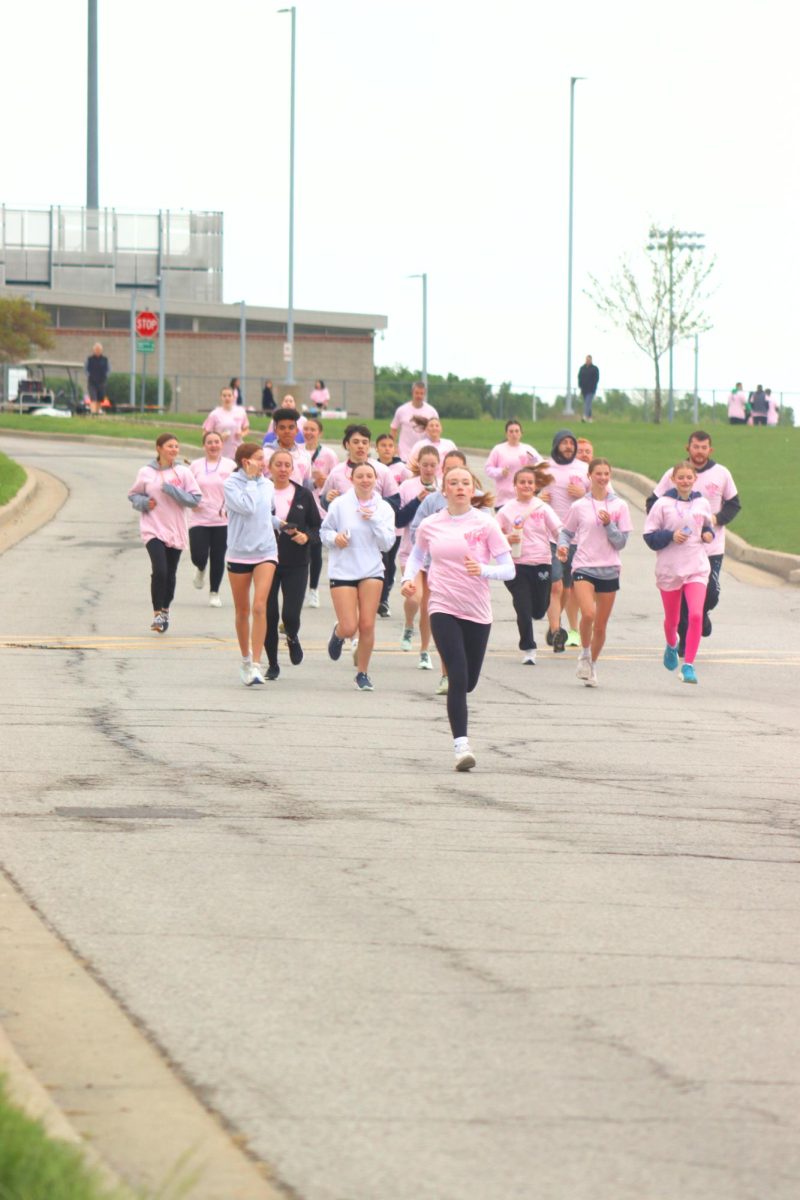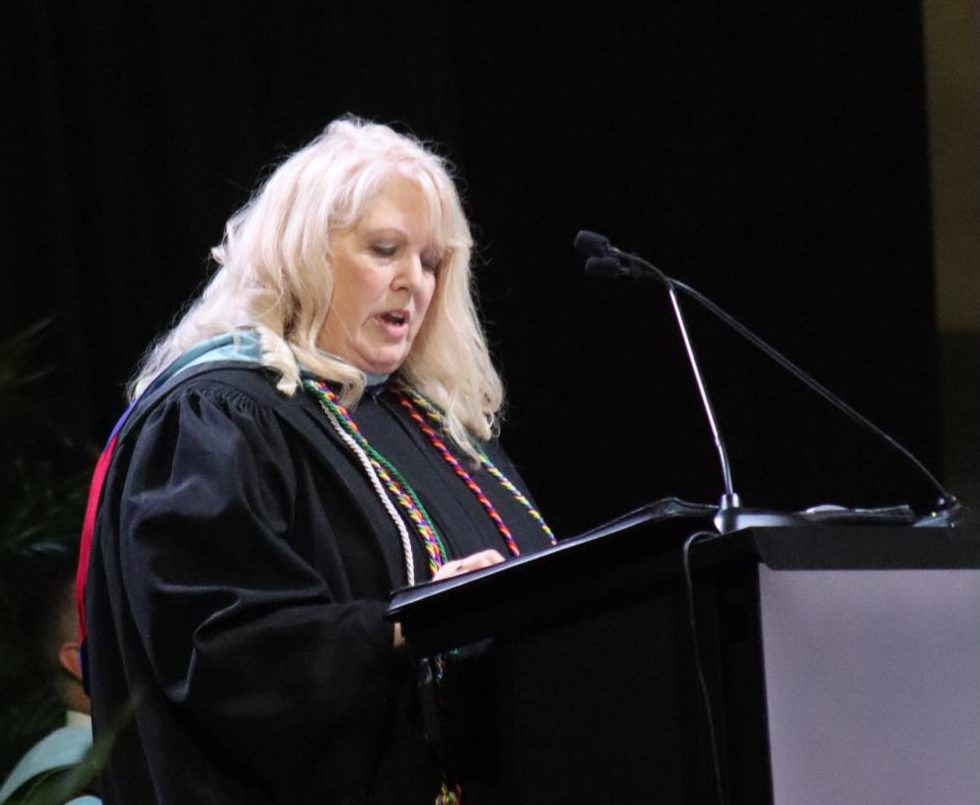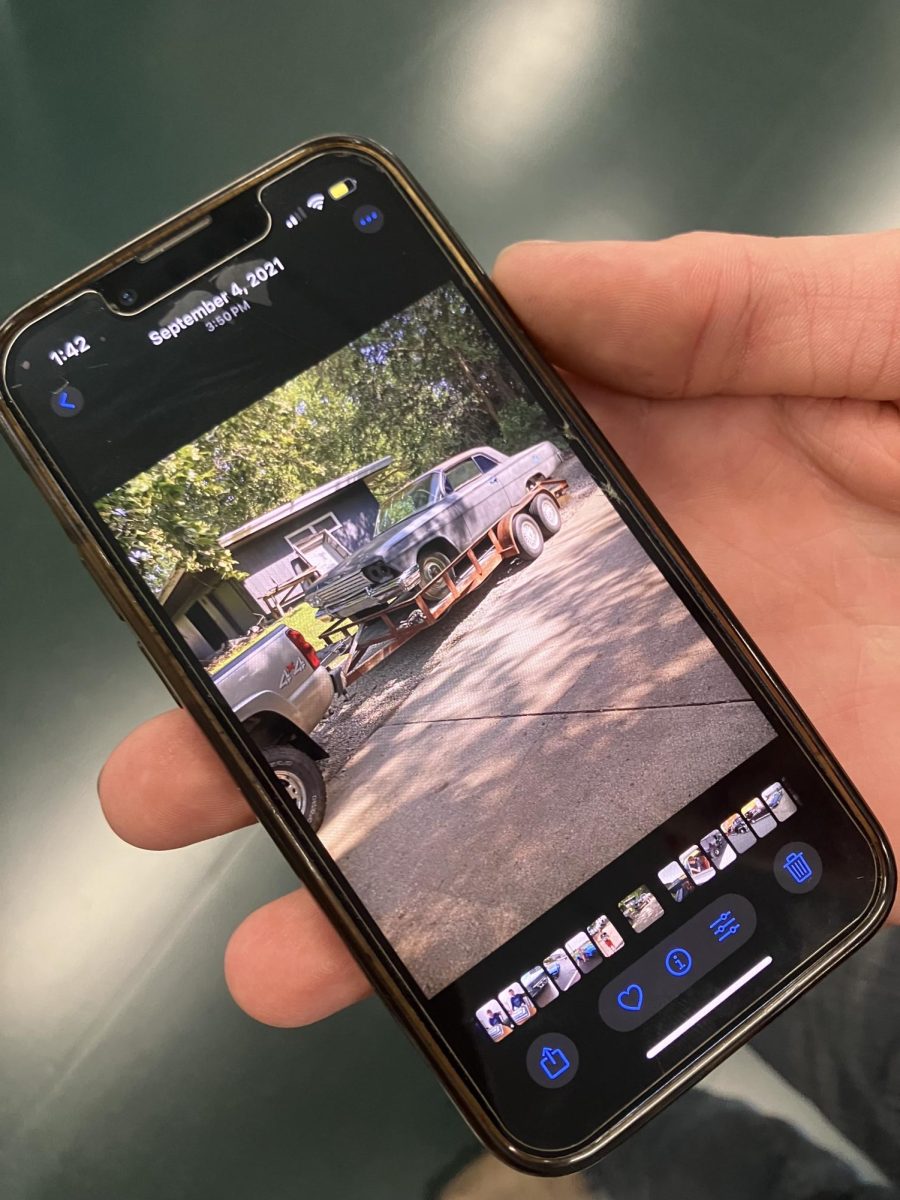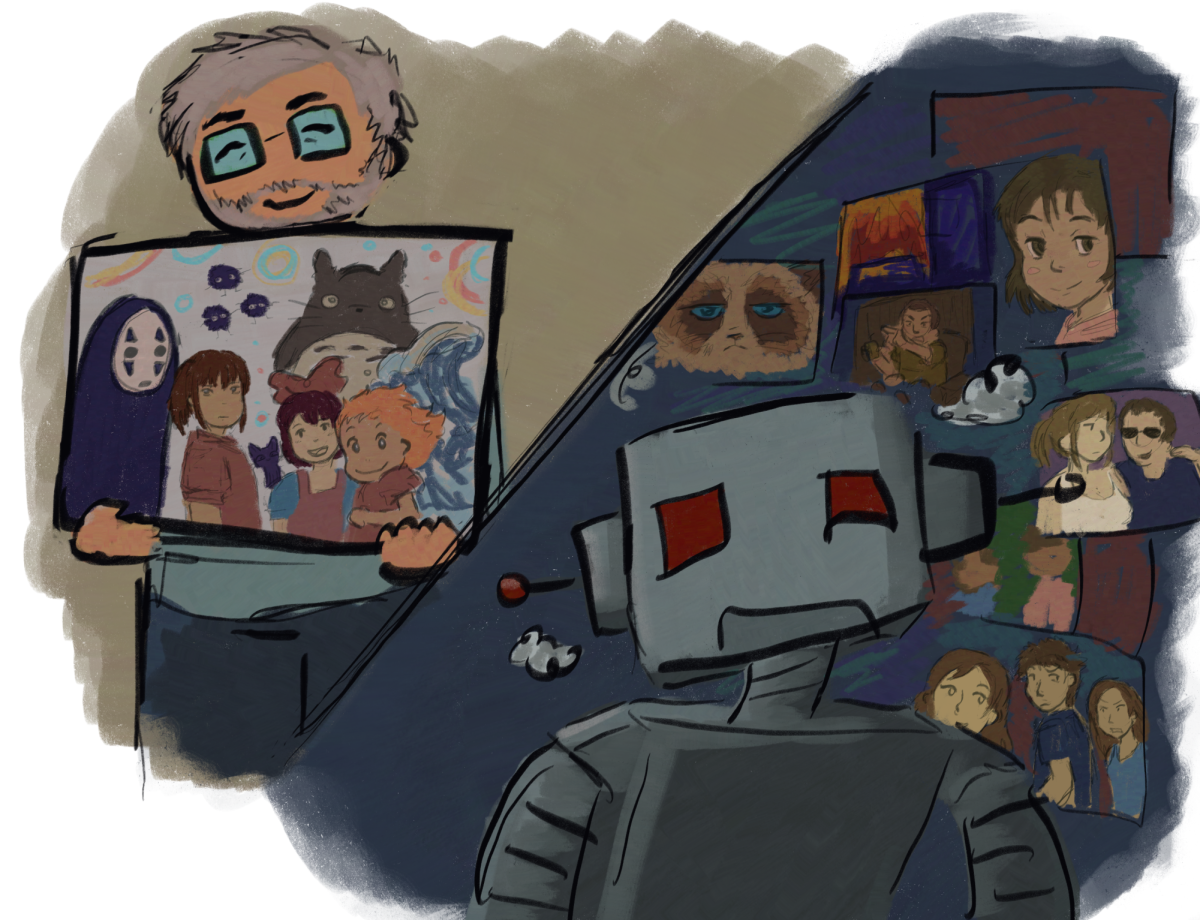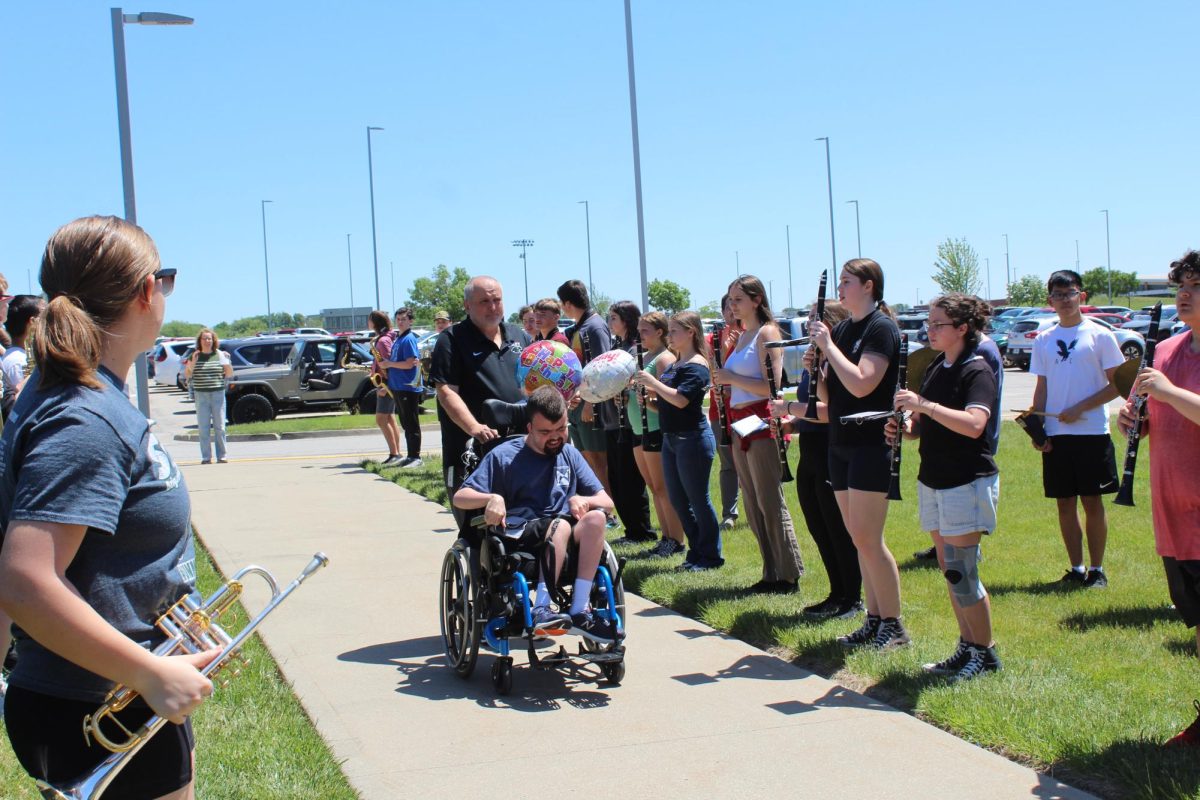The Future Of Transportation
The Transportation Revolution
January 1, 2017
Picture the commute of the future: You live in San Francisco, Calif, but work 383 miles away in Los Angeles. After your morning latte, you click on a smartphone app to summon your digital chauffeur. An autonomous car shows up at your front door two minutes later to drive you to a Hyperloop station in downtown San Francisco, where a pod then transports you through a vacuum tube at 760 mph. When you reach the L.A station, another self-driving car awaits to take you to your office. You arrived at work within an hour of you summoning the digital chauffeur to your house.
Experts from Hyperloop Transportation Technologies (HTT) expect the first of these systems to be operational will be in the United Arab Emirates no later than 2020. The Abu Dhabi government has just announced that it has been working with HTT to connect Abu Dhabi and Al Ain, two UAE cities separated by 105 miles, using the Hyperloop system.
Dr. Elon Musk first proposed this mode of transportation in August 2013 in a paper titled “Hyperloop Alpha.” Musk envisioned a mass transit system in which trains travel as fast as 760 mph in pressurized capsule pods. These would ride on an air cushion in steel tubes and be driven by linear induction motors and air compressors. He claimed the system would be safer, faster and cheaper than trains, cars, boats and supersonic planes for distances of at least 900 miles and that it would be resistant to earthquakes and generate more energy through its solar panels than it would use.
By 2020, self-driving cars will have progressed so far that they can drive safely at speeds as fast as 200 mph in their own partitioned lanes on highways, if all goes as he planned. In these circumstances, the commute to Los Angeles from San Francisco would take only an hour and a half. From Abu Dhabi to Al Ain or Dubai could take the car 30 to 40 minutes. In other words, Elon Musk’s self-driving cars and HTT’s short-haul Hyperloops may be competing with each other.
The point, though, is that we are on the verge of a revolution in transportation. For centuries, we have been dependent on locomotives and airplanes to take us long distances. Using those ways of transportation were the fastest way to travel, but would still take a couple hours at least. Now, the entire industry is about to be disrupted. Many of us will choose to take the shared cars and Hyperloops; others will own their own cars. But before the decade ends, we might have a whole different way of transportation with the transportation revolution taking off.



